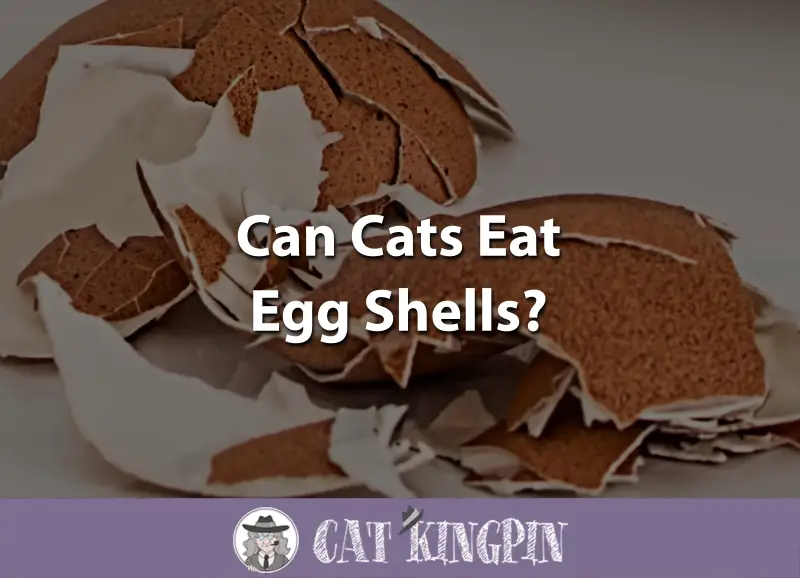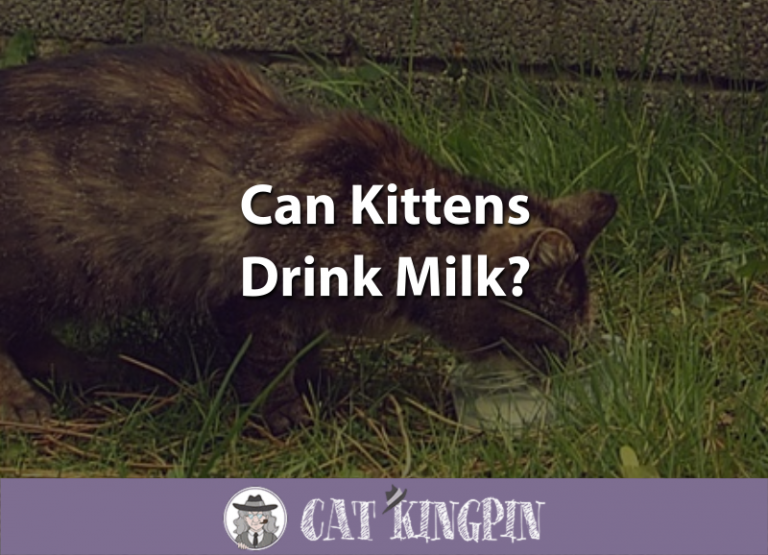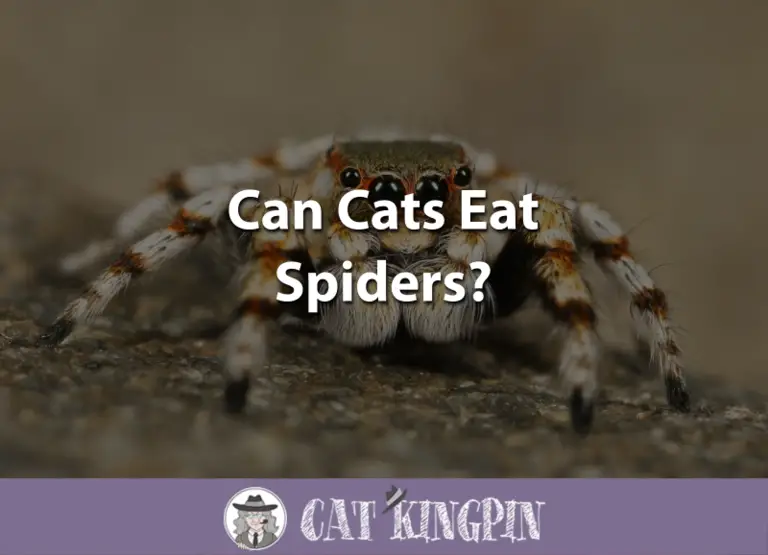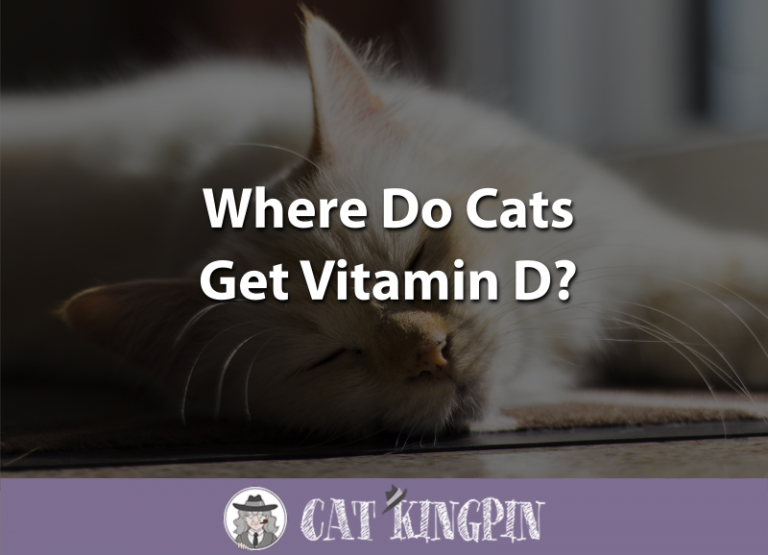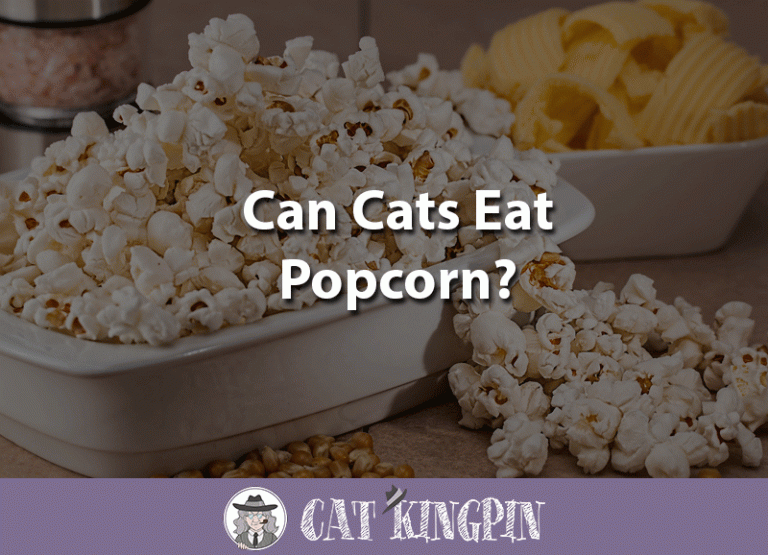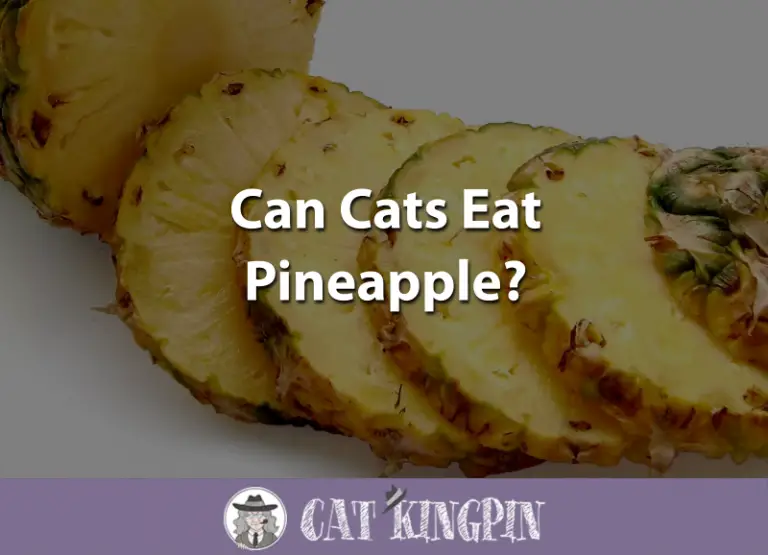Can Cats Eat Egg Shells?
Eggs are a staple food in countries all over the world, and there are countless ways to prepare them. We eat them for breakfast, we use them in baking, we cut them up into salads, and we even decorate them for holidays.
Because of the immense popularity of eggs, it’s likely your cat will encounter them at some point. And as most kitty parents know, cats generally like the taste of egg.
In the wild, undomesticated cats can often be found raiding birds’ nests in search of a tasty treat: eggs. While some cats who are allowed outdoors may get ahold of an egg once and a while, most cats spend more time on the couch than hunting in trees.
While wild cats may eat eggs without encountering any problems, it’s normal to worry about feeding them to your cat at home. Many of us are worried about salmonella, but there’s another portion of the egg that causes concern: the shell. Can cats eat egg shells?
In this article, we’ll cover the following:
- Cats and Egg Shells, What You Need to Know
- Can Cats Eat Egg Shells?
- Can Kittens Eat Egg Shells?
- Benefits/Negatives of Feeding Cats Egg Shells
- Alternatives to Egg Shells for Cats
Cats and Egg Shells, What You Need to Know
Often hailed “the perfect food,” eggs are pretty much everywhere. They’re in almost everything we eat, are relatively inexpensive, and readily available.
While humans don’t generally eat egg shells, they’re actually a good source of calcium and protein. Egg shells also contain other healthy minerals like strontium, fluoride, magnesium, and selenium.
Cats have pretty resilient digestive systems and, at least in the wild, probably wouldn’t hesitate to eat an egg shell. After all, if they’re going for the egg yolk, they’re not going to take a lot of time to avoid the shell.
Domestic cats, however, are less adventurous. More importantly, as cat owners, we worry about feeding anything to our cats that may prove harmful.
While raw egg shells (shells that haven’t been boiled) may carry a risk for salmonella, the risk of choking is more worrisome. Small shards of egg shell could theoretically get caught in your cat’s throat, which could cause internal injury as well as choking.
Some cats prefer playing with eggs to eating them!
Can Cats Eat Egg Shells?
While there is cat-friendly nutrition in an egg shell, the risks outweigh the benefits. Between the slim risk of salmonella and the fact that egg shell is a choking hazard, it’s better not to give your cat egg shell.
Cats can easily choke on egg shell or injure their tracheas with shards of shell. Besides that, a high-quality food will already contain all the nutrients a cat needs.
If you really want to give them the nutritional benefits of egg shell without all the risk, you can try an egg shell powder supplement for pets, such as Eggshellent Calcium, which can simply be sprinkled on your cat’s food.
Can Kittens Eat Egg Shells?
No. It’s never a good idea to give your kitten egg shells.
While powdered shells may be fine, there’s really no reason to mess with your kitten’s diet as long as they’re eating a high-quality kitten food. You should look for a food that is specially-formulated for kittens and that lists meat as the first ingredient, such as Blue Kitten Healthy Growth.
Unless your veterinarian specifically instructs you to add a supplement to your kitten’s diet, adding too much variety to your kitten’s feeding schedule can create more problems than it solves.
You could accidentally give them an upset stomach since kitten digestive systems are sensitive. You also risk raising a picky cat.
Benefits/Negatives of Feeding Cats Egg Shells
While it sounds a little strange, there are actually a few good reasons to feed egg shells to your cat. They’re high in protein, a great source of calcium, and they’re free if you’re already buying eggs for yourself.
While the nutritional benefits of egg shell can be tempting for conscientious cat owners, the reality is that your cat is likely getting all the vitamins and minerals they need from their cat food.
This is, of course, assuming that you’re feeding a high-quality food, such as Nutro Max Indoor Cat Food, which lists meat as the first ingredient and doesn’t contain a ton of unhealthy fillers.
The biggest drawbacks, as previously mentioned, are the risks of salmonella, choking, possible farting, and shards of shell cutting the trachea. These dangers outweigh the benefits, so it’s best to simply choose not to feed your cat egg shells.
This cat is not at all daunted by the risk of eating egg shells…we hope he’s doing its safely!
Alternatives to Egg Shells for Cats
Because the main benefit of egg shells is their high calcium content, some pet owners opt to purchase an egg shell-based calcium supplement for their cat.
There are a variety of different supplements on the market, but they’re not all created equal. The first thing to do is make sure the supplement is safe for cats. Many of these products are safe for dogs but not for cats, so choose carefully!
Also, check that the egg shell supplement is sourced from a reputable part of the world, and that there are no unnecessary additives.
One great option is Eggshellent Calcium, a fine egg shell powder that you can simply sprinkle on your cat’s food. Just be sure to ask your vet how much you should be giving your cat. The amount will be based on your cat’s weight and general health needs.
So, can cats eat egg shells?
Many cats can eat egg shell safely and without experiencing any negative side effects. But because egg shells can be sharp and can carry disease, it’s not advisable to give your cat egg shell with any sort of regularity.
If you want to give your cats the nutritional benefits of egg shells, try Eggshellent Calcium, which is 100% eggshell, but safer than the stuff in your fridge. It’s organic and pulverized into a harmless but nutritional powder.
What did you think of this post? Has your cat ever eaten an egg shell? Have you ever considered adding an eggshell supplemet to your cat’s diet? Let us know in the comments below! We’d love to hear from you!

